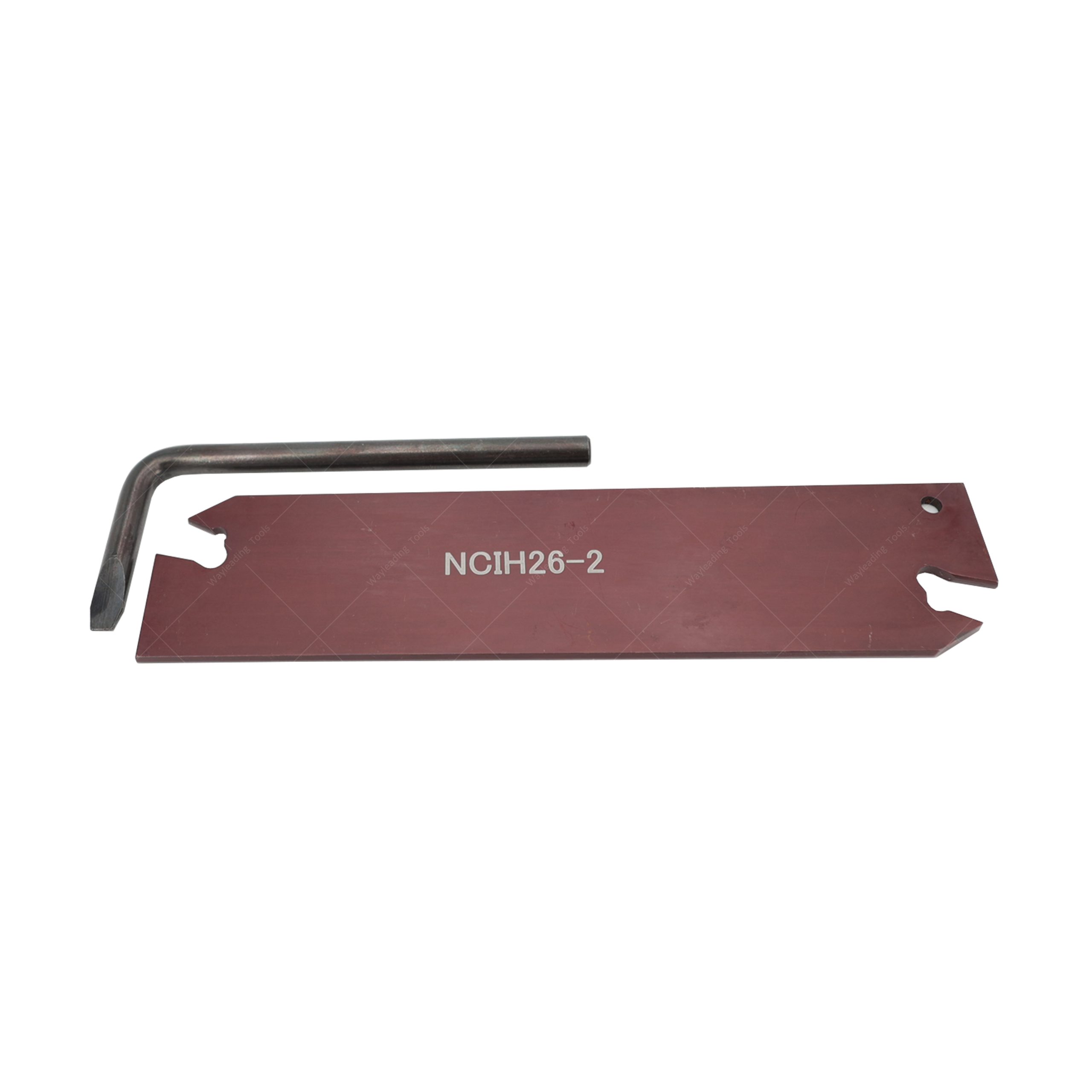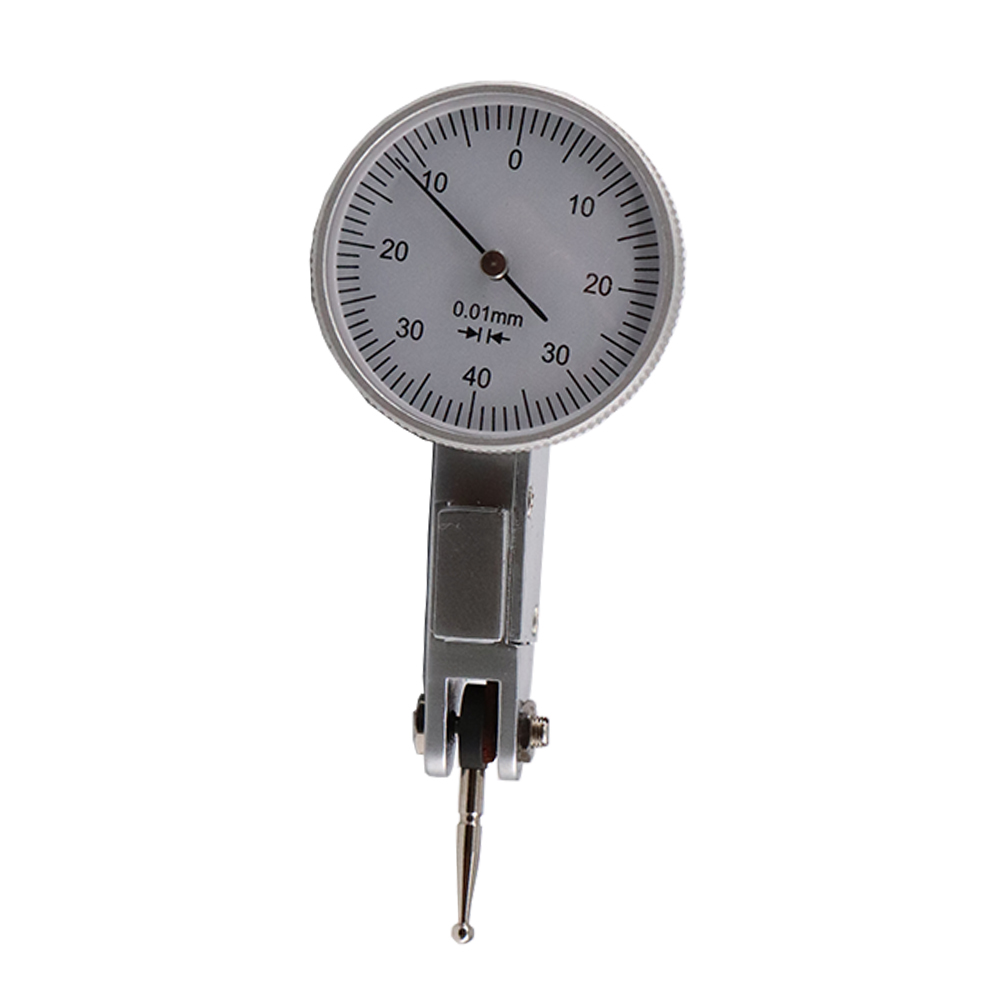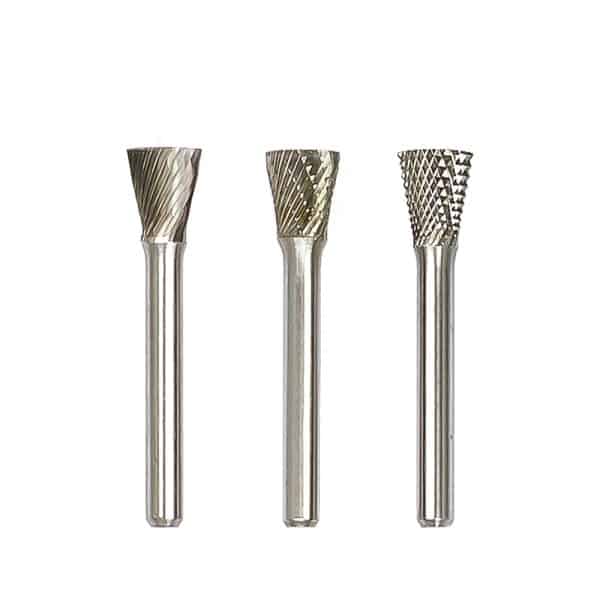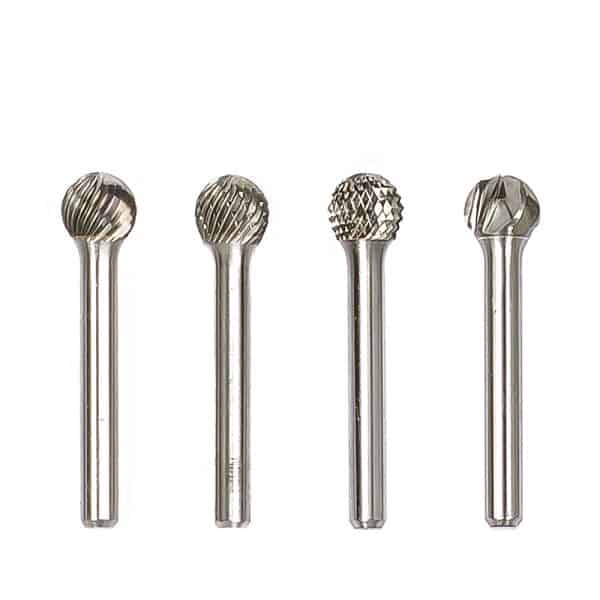cnc machine tools
CNC machine tools are automated machining devices controlled by computers that precisely shape materials like metal, plastic, wood, and composites. They offer high precision, repeatability, and efficiency, making them indispensable in manufacturing. This guide explores the different types of CNC machine tools, their applications, and factors to consider when choosing one.What are CNC Machine Tools?CNC stands for Computer Numerical Control. CNC machine tools use computer programs to control the movement of cutting tools, enabling precise and automated manufacturing processes. Unlike traditional manual machines, CNC machines can produce complex shapes and designs with minimal human intervention.Key Components of a CNC Machine Tool Control System: The 'brain' of the machine, interpreting the G-code program and directing the machine's movements. Drive System: Consists of motors (servo or stepper) that control the movement of the machine axes. Spindle: Holds and rotates the cutting tool. Spindle speed is crucial for material removal rate and surface finish. Cutting Tools: A wide variety of tools are available, depending on the material and desired cut. Common types include end mills, drills, taps, and reamers. Workholding Device: Securely holds the workpiece in place during machining. Examples include vises, chucks, and fixtures. Machine Structure: The rigid frame that supports all components and provides stability during operation.Types of CNC Machine ToolsThere's a wide variety of CNC machine tools available, each designed for specific applications. Choosing the right type is critical for optimal performance and efficiency.CNC Milling MachinesCNC milling machines use rotating cutting tools to remove material from a workpiece. They're versatile and can perform a wide range of operations, including milling, drilling, and tapping.Wayleading Tools provides a wide range of milling cutters suitable for CNC milling machines. You can find detailed information at Wayleading Tools.CNC Lathes (Turning Centers)CNC lathes rotate the workpiece while a stationary cutting tool removes material. They're ideal for producing cylindrical parts with high precision and surface finish.CNC RoutersCNC routers are similar to milling machines but are typically used for cutting softer materials like wood, plastic, and composites. They're often used in woodworking, sign making, and prototyping.CNC Plasma CuttersCNC plasma cutters use a plasma torch to cut through electrically conductive materials, such as steel, aluminum, and copper. They're commonly used in metal fabrication and manufacturing.CNC Laser CuttersCNC laser cutters use a focused laser beam to cut through various materials, including metal, plastic, wood, and fabric. They offer high precision and are often used in engraving, cutting intricate designs, and rapid prototyping.CNC Electrical Discharge Machines (EDM)CNC EDMs use electrical discharges to remove material. They are well-suited for creating complex shapes and intricate details in hard materials that are difficult to machine using conventional methods.Applications of CNC Machine ToolsCNC machine tools are used in a wide range of industries, including: Aerospace: Manufacturing aircraft components with high precision and complex geometries. Automotive: Producing engine parts, chassis components, and interior trim. Medical: Creating surgical instruments, implants, and medical devices. Electronics: Manufacturing circuit boards, electronic housings, and precision components. Manufacturing: General machining of parts for various industries.Factors to Consider When Choosing a CNC Machine ToolSelecting the right CNC machine tool involves considering several factors to ensure it meets your specific requirements.Material CompatibilityThe machine must be capable of machining the materials you intend to use. Consider the hardness, abrasiveness, and thermal properties of the materials.Size and CapacityThe machine's work envelope (maximum part size) and load capacity must be sufficient for your projects.Precision and AccuracyThe machine's precision and accuracy ratings should meet the required tolerances for your parts.Control SystemThe control system should be user-friendly and compatible with your CAD/CAM software. FANUC, Siemens, and Heidenhain are common control system brands.BudgetConsider the initial cost of the machine, as well as ongoing operating costs such as tooling, maintenance, and programming.Service and SupportChoose a supplier that offers reliable service and support, including training, technical assistance, and spare parts availability.Example: Comparing CNC Milling MachinesHere's a simplified comparison of two hypothetical CNC milling machines. Note: Actual specifications vary widely based on the manufacturer and model. Feature Machine A Machine B Work Envelope (X x Y x Z) 400mm x 300mm x 250mm 600mm x 400mm x 300mm Spindle Speed 8,000 RPM 12,000 RPM Accuracy +/- 0.01mm +/- 0.005mm Control System FANUC Siemens In this example, Machine B offers a larger work envelope, higher spindle speed, and better accuracy, but it likely comes at a higher cost.ConclusionCNC machine tools are essential for modern manufacturing, offering precision, automation, and efficiency. Understanding the different types of machines, their applications, and key considerations for selection is crucial for maximizing productivity and achieving desired results. Remember to carefully evaluate your specific needs and budget before making a purchase decision.Disclaimer: The information provided in this article is for general informational purposes only and does not constitute professional advice. Always consult with qualified experts for specific applications and safety considerations.
Related products
Related products
Best selling products
Best selling products-
 Precision Magnetic Base With Fine Adjustment For Dial Indicator
Precision Magnetic Base With Fine Adjustment For Dial Indicator -
 5C Hex Collet With Inch and Metric Size
5C Hex Collet With Inch and Metric Size -
 Indexable Spade Drill Holder With Helical Flute Holder And Taper Shank
Indexable Spade Drill Holder With Helical Flute Holder And Taper Shank -
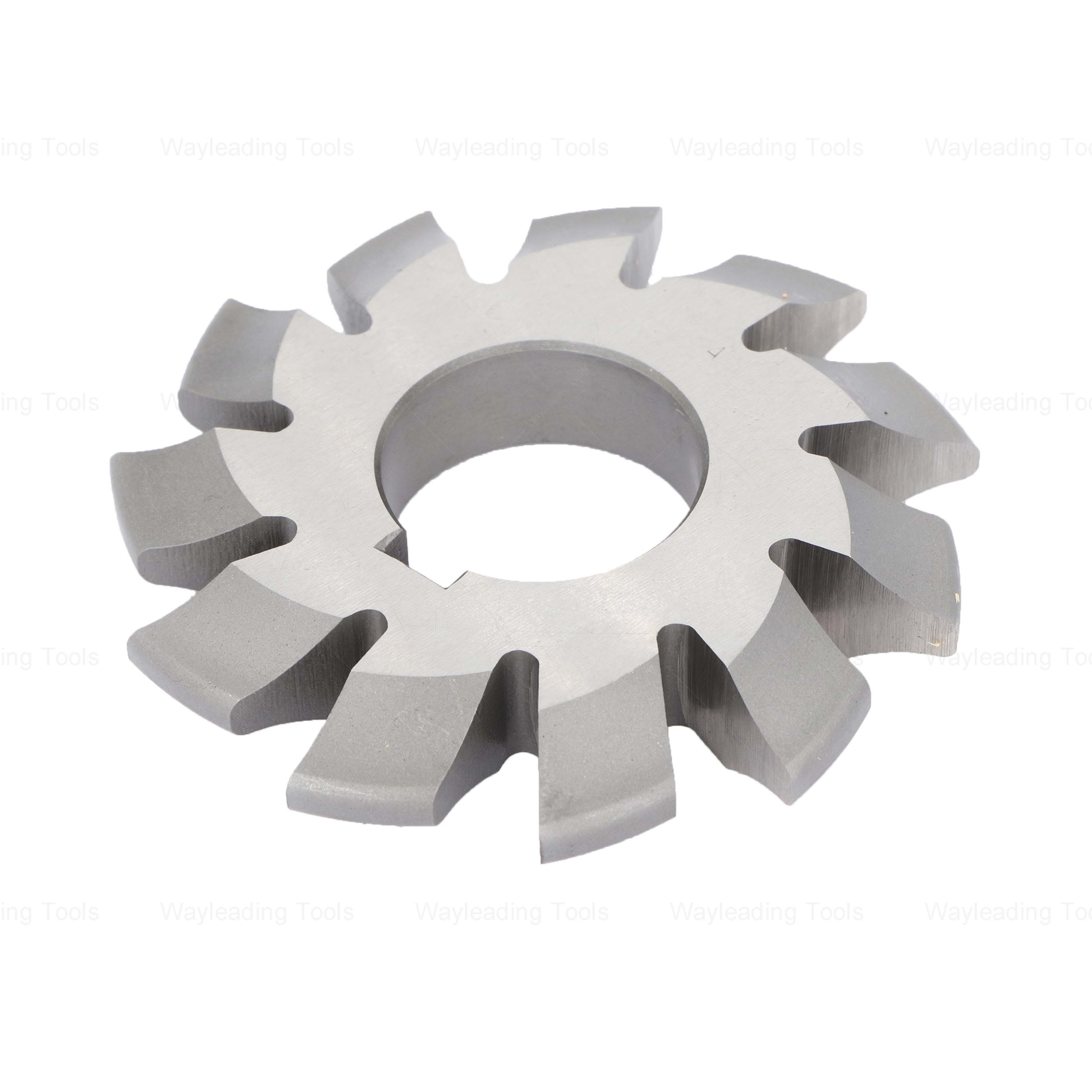 HSS Involute Gear Cutters – Module Type, PA 20° / 14.5°
HSS Involute Gear Cutters – Module Type, PA 20° / 14.5° -
 Precision Micrometr Holder For Micrometer
Precision Micrometr Holder For Micrometer -
 Type K-90 Degree Cone Tungsten Carbide Rotary Burr
Type K-90 Degree Cone Tungsten Carbide Rotary Burr -
 Precision Digital Caliper Of With Metric & Inch Size For Industrial
Precision Digital Caliper Of With Metric & Inch Size For Industrial -
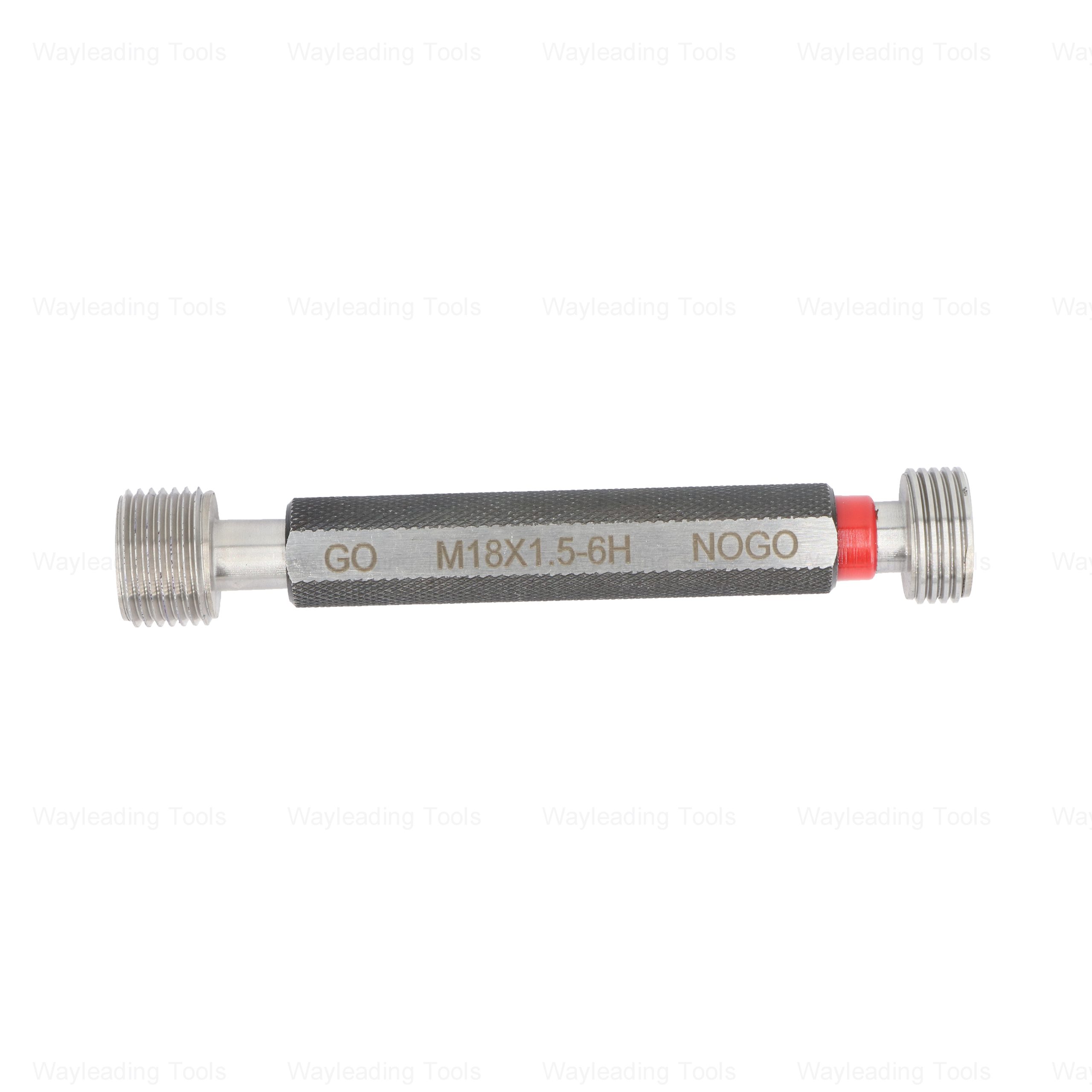 High-Precision Metric Thread Plug Gauge – 6H Class, GO & NO-GO Ends
High-Precision Metric Thread Plug Gauge – 6H Class, GO & NO-GO Ends -
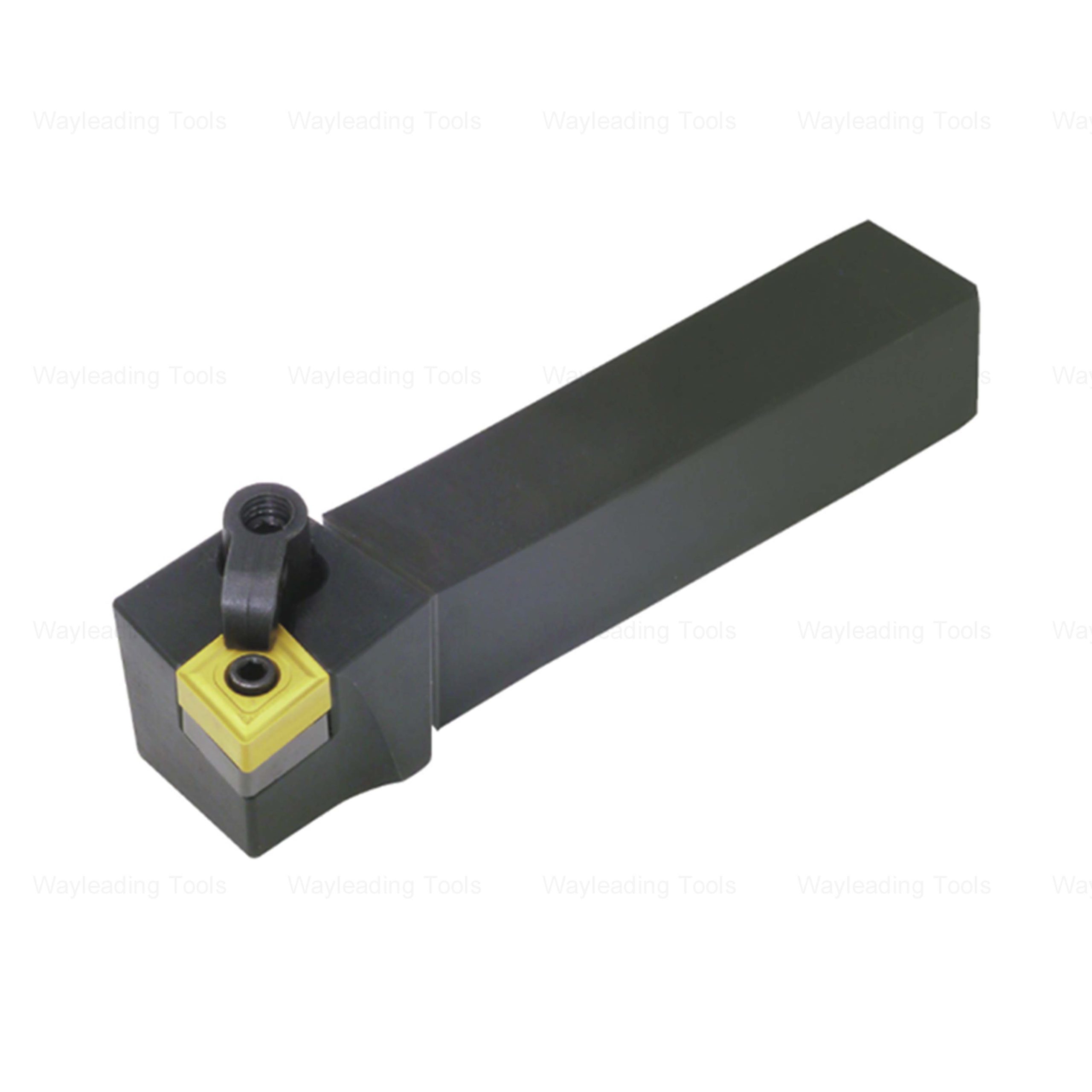 MCLN Indexable Turning Tool Holder – Right- and Left-Hand Types
MCLN Indexable Turning Tool Holder – Right- and Left-Hand Types -
 Dead Center For Morse Taper Shank
Dead Center For Morse Taper Shank -
 Partial profile 55° Threading Insert With ER & IR Type
Partial profile 55° Threading Insert With ER & IR Type -
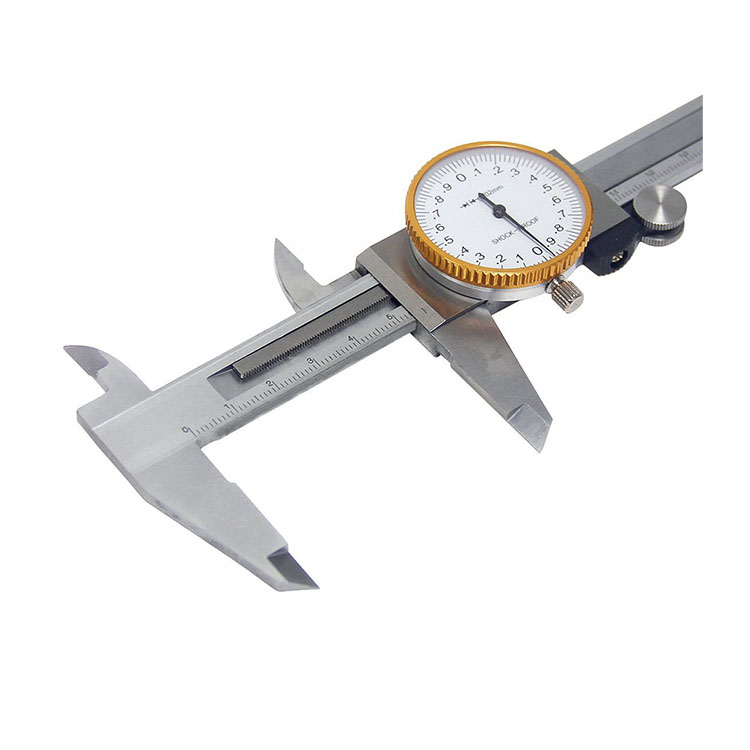 Precision Dial Caliper Of Metric & Imperial For Industrial
Precision Dial Caliper Of Metric & Imperial For Industrial


